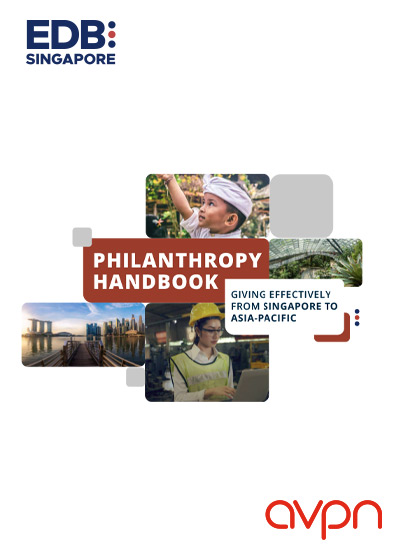As Mr Wong recently stated, Singapore needs a combination of both models where wealthy individuals give back to society and help is given out by the Government.
However, it is important for the Government to be able to decide on the allocation of funds between the various worthy causes. It may be a good idea for enhanced tax deductions to be provided in a more refined manner.
Instead of deductions at three times the amount of qualifying donations across the board, perhaps this could be offered for donations to causes which need to be supported by a large amount of public funds, such as healthcare or eldercare.
Donations to other worthy causes would still benefit from tax deductions – staying at 2.5 times – but this would allow the Government to have a way to guide the allocation of donations between causes.
Another simple way in which tax incentives could be used to further encourage philanthropy is to allow unutilised tax deductions for donations to be carried forward for a longer period of time.
As well, charitable giving might be incentivised if donors could carry forward unused tax deductions for donations for a longer period – or even indefinitely – up from the current maximum of five years.
This is in contrast to the tax treatment of unutilised trade losses, which may be carried forward indefinitely.
Tax deductions could also be granted for some limited foreign charitable purposes. Now, they are granted only for supporting local causes.
Donations for foreign charitable purposes are not only excluded from the enhanced tax deduction schemes, but are also not tax deductible in Singapore at all.
While it is understandable that tax deductions should largely be reserved for charitable causes which benefit the community, if Singapore wishes to be a regional centre for philanthropy, IPCs could be given flexibility to channel a small amount of their donations to suitable foreign charitable purposes subject to pre-approval by the Commissioner of Charities, using a set of guidelines.
Going Beyond Tax Savings
However, tax is only one of the factors which may affect charitable giving. There is already a strong ecosystem of governmental and non-governmental organisations supporting philanthropy in Singapore in a whole range of ways such as providing technical expertise, networks and thought leadership.
It is likely that there will be an increased emphasis on monitoring the impact of giving, something mentioned by Mr Wong. Donors are more likely to be driven by a desire to make a difference in the world rather than to maximise tax savings.
Creating a strong framework for reporting and monitoring the real-world impact of donations is likely to further encourage philanthropy.
Mr Wong’s recent speeches have given much cause to be optimistic about governmental support to make Singapore a regional centre for philanthropy, a goal definitely within reach given the strong foundations which Singapore has built over the years.
Ow Kim Kit is a partner at Legal Ink. Vincent Ooi is specialist counsel there and a lecturer at the Yong Pung How School of Law, Singapore Management University (SMU). The views are the authors’ own and do not represent those of Legal Ink or SMU.
Source: The Straits Times © SPH Media Limited. Permission required for reproduction.








